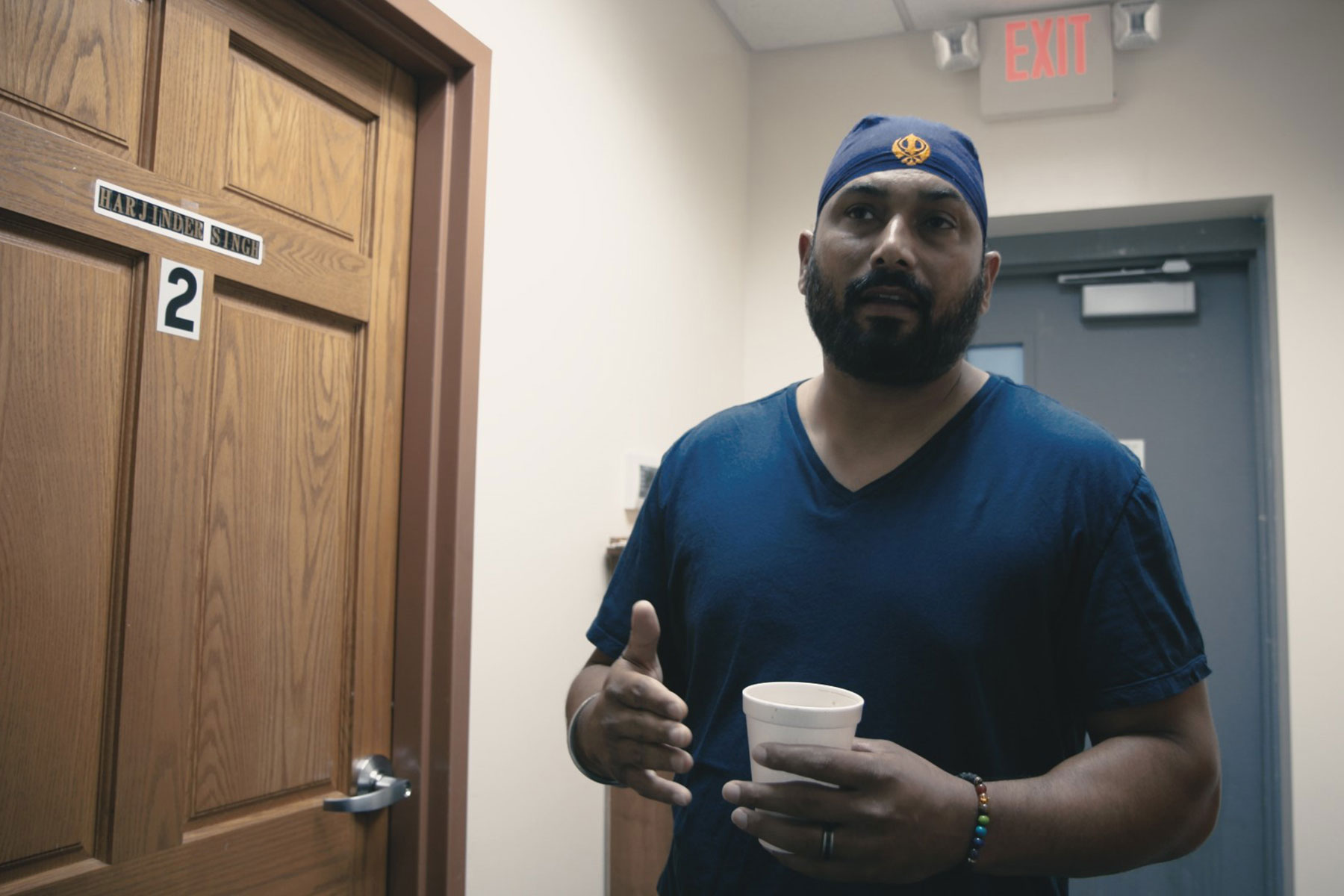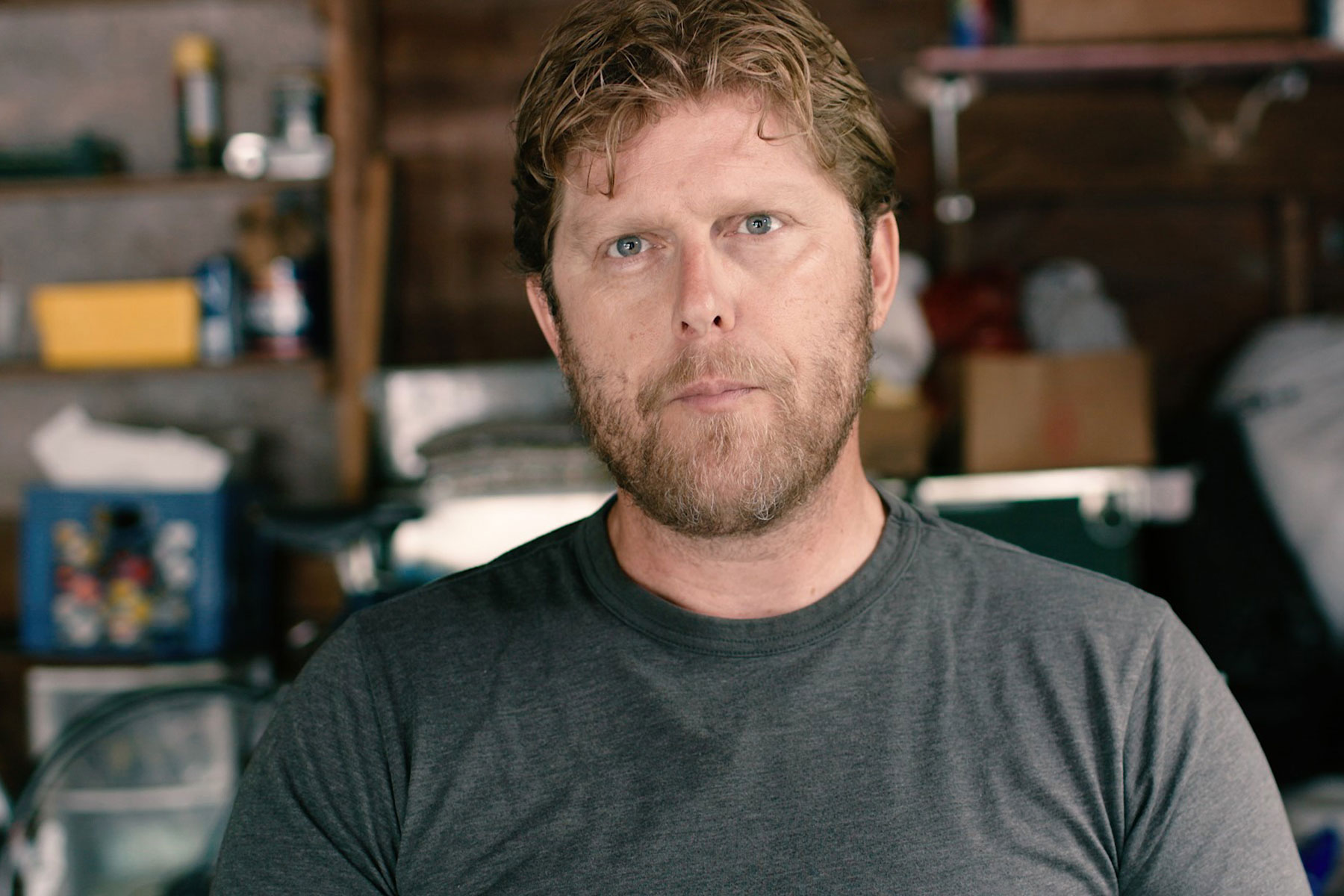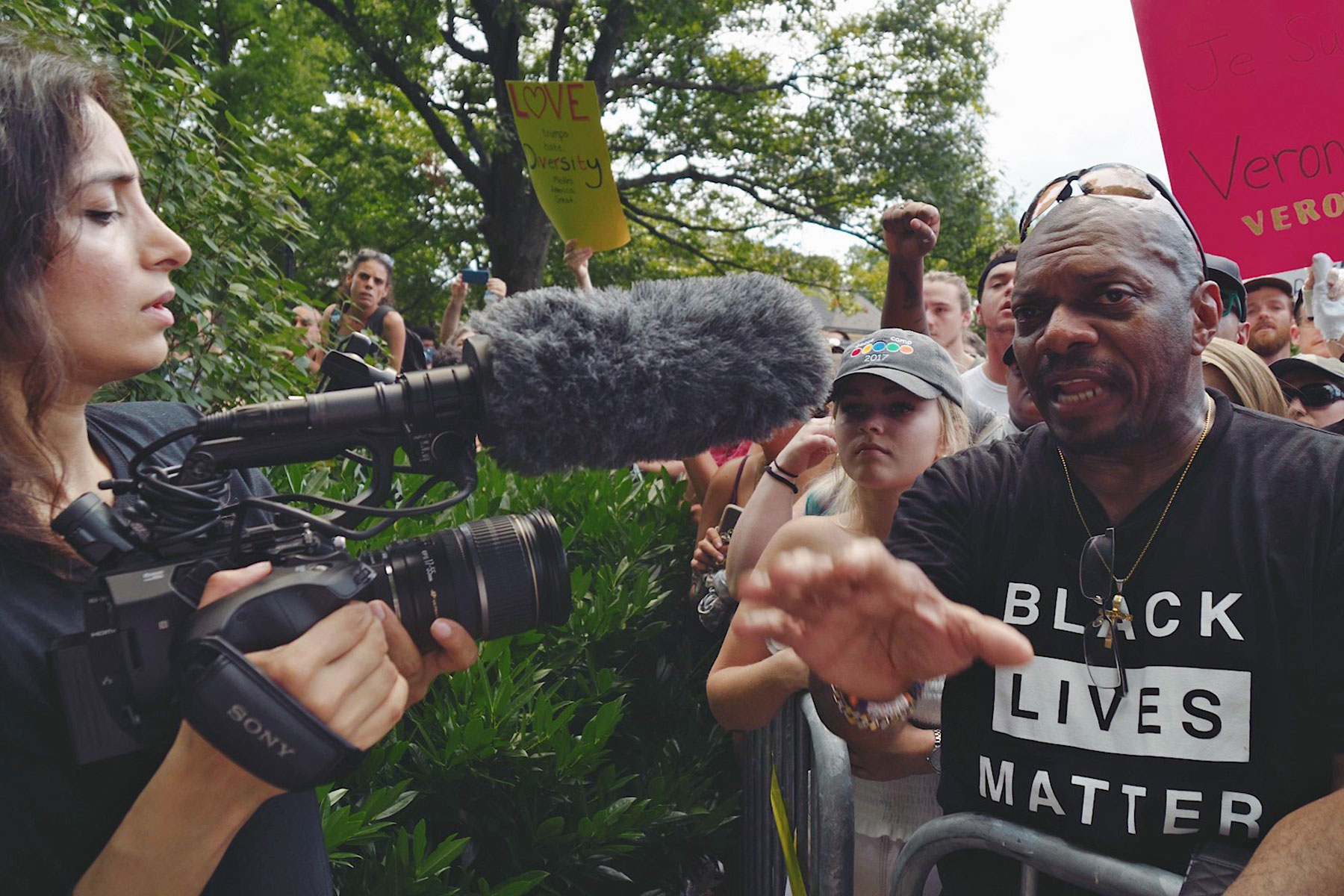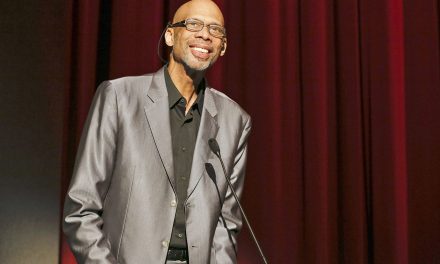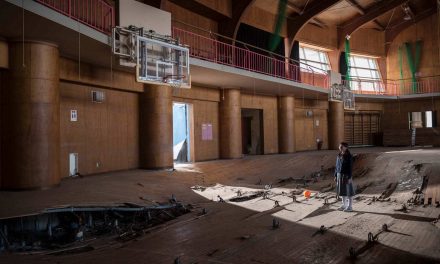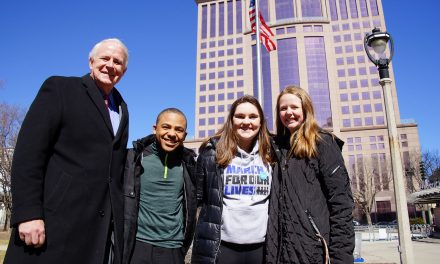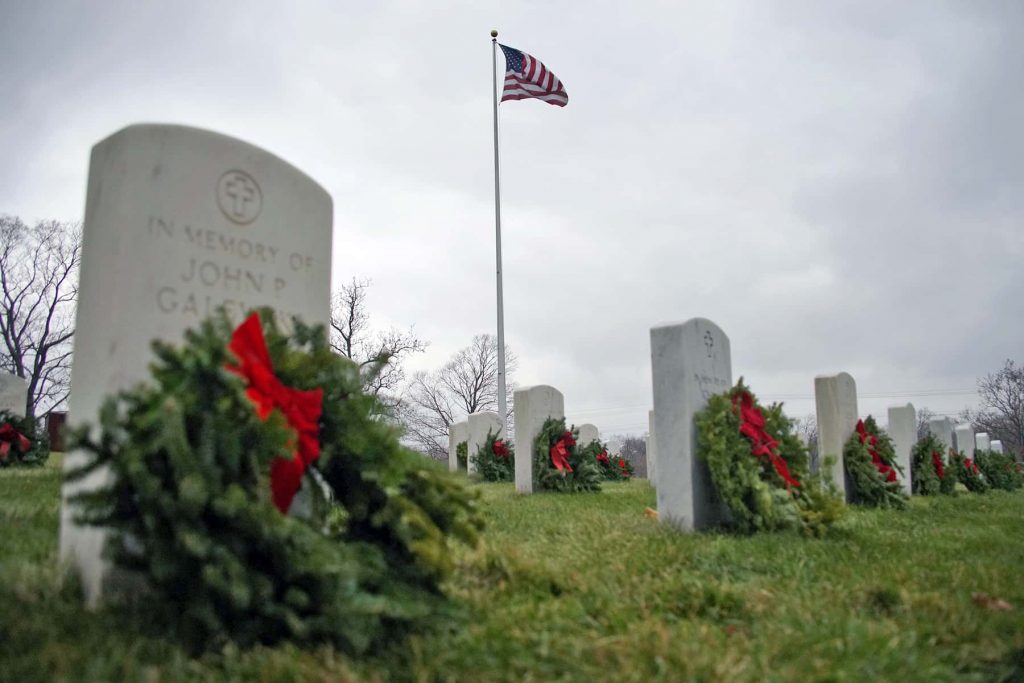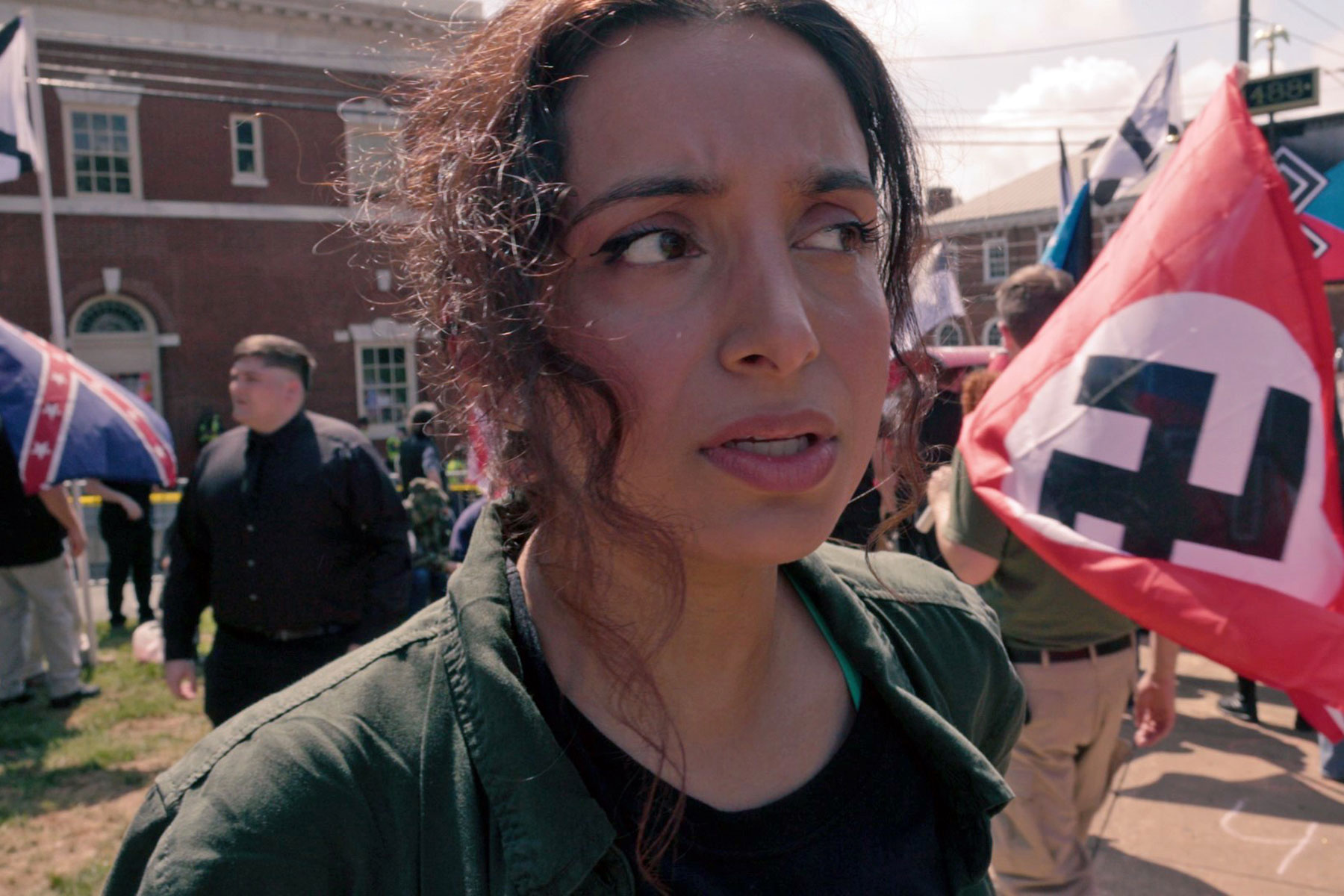
Now available for streaming on Neflix, “White Right: Meeting the Enemy” is the 2017 documentary by Emmy award-winning filmmaker Deeyah Khan who joined the frontline of the race wars in America, sitting down face-to-face with Neo-Nаzіs and fаscіsts.
Netflix picked up the documentary in June, which includes a segment on the August 5, 2012 Wisconsin Sikh Temple shooting. It details how the son of one of the victims, Pardeep Singh Kaleka, got in contact with former skinhead Arno Michaelis in order to gain some understanding of why the tragedy happened.
When Deeyah Khan was six, her father took her to her first anti-racism rally. A Pakistani immigrant to Norway, he promised her that things would get better, and the skinhead gangs that terrorized their family and others like them would soon find themselves relics of past prejudices. He believed that bigotry belonged in history, that tomorrow would be a more tolerant time, but three decades later that dream remains unrealized.
With a Donald Trump propagating anti-Muslim propaganda, the far-right gained ground in America leading up to the 2016 presidential election. 2017 began with a rise in hate crimes, and a divisive populist rhetoric that infected political and public discourse. Khan’s purpose behind making White Right: Meeting the Enemy was to ask why.
During the production of her documentary, Khan sat face-to-face with fаscіsts, racists, and proponents of the “alt-right” ideologies that propelled Donald Trump to the presidency. From Brеіtbаrt’s darling, Richard Spencer to Jeff Schoep, leader of American’s largest neo-Nаzі organization, Khan’s need to find the deeper human causes of horrific social forces opened a different possibility for connection and solutions. Rather than dismiss these individuals as monsters, she was determined to discover the men behind the masks.
As she tried to get beyond the weaponized headlines to the real human stories, Khan found her own prejudices challenged and tolerance tested. That was even before she found herself in the midst of a race riot, at the now-infamous Unite the Right march in Charlottesville, Virginia. With her own safety in jeopardy, Khan experienced the vitriol from both sides in an increasingly violent and vicious divide.
The documentary takes a surprisingly humane look at fascist extremists. Khan gained access to a behind-the-scenes look at the White Right through the relationships she forged. In the process, she actually made a dent in this hate-fueled ideology in the end, with some individuals even growing to call her “friend.”
© Photo
Fuuse and Deeyah Khan

